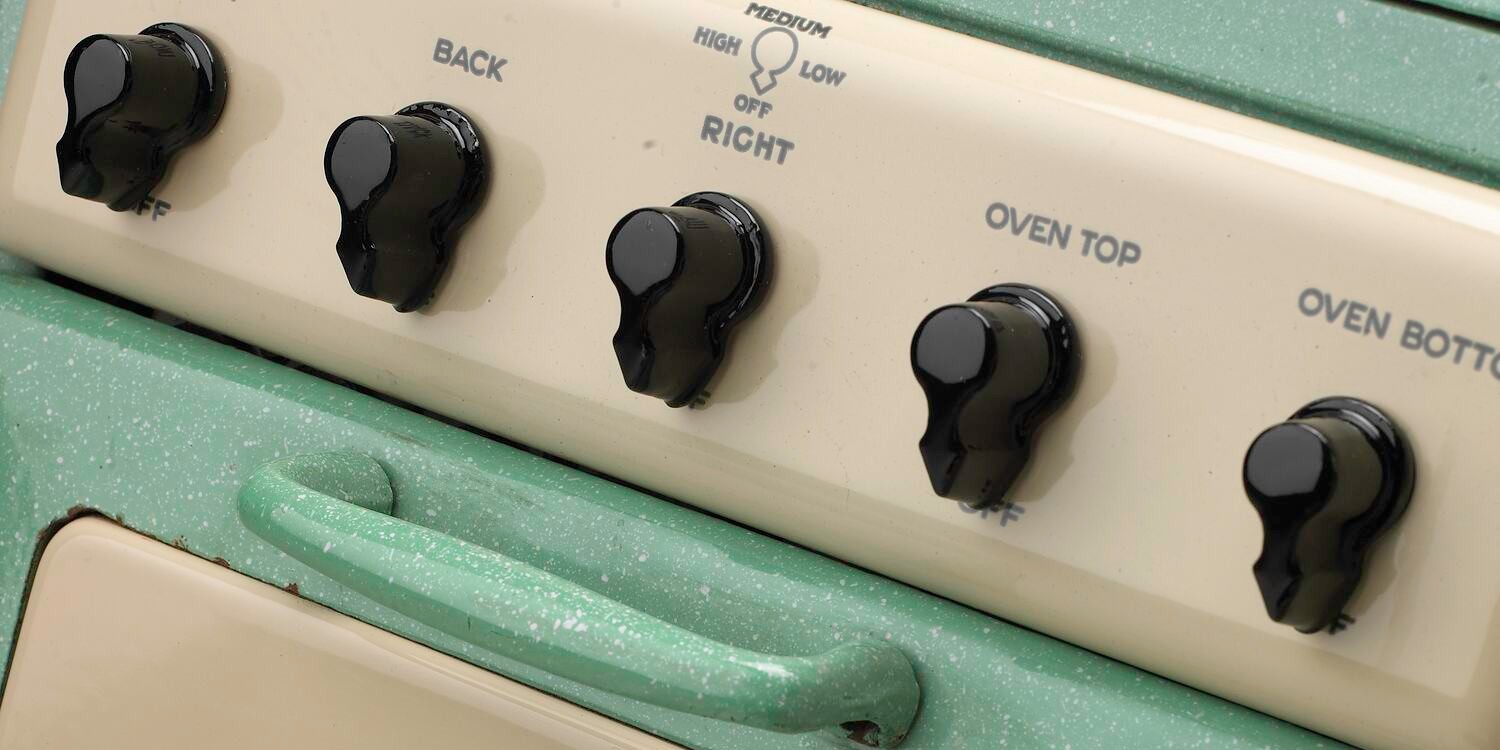
The US Department of Energy (DOE) just finalized stove energy efficiency standards to save consumers money and reduce emissions.
The new stove energy efficiency standards
Until now, stoves haven’t had efficiency performance requirements in the US, so setting energy efficiency standards will put an end to the wide variety of stove efficiency in the US market. Inefficient stoves cost consumers more in the long run because they use more energy.
The changes primarily affect new smooth electric stove models, but the DOE says that 77% of smooth electric stoves (and 97% of gas stoves) on the market already meet the new standards.
New models will be required to use at least 30% less energy annually than today’s lowest-performing models. In particular, it ensures new smooth electric stoves don’t waste energy on standby.
Manufacturers will have to comply by the end of January 2028, and the DOE says that stove manufacturers and energy efficiency advocates support the new standards.
The DOE also says new stove energy efficiency standards are projected to save US consumers approximately $1.6 billion on utility bills over 30 years and decrease emissions by nearly 4 million metric tons cumulatively over 30 years. That’s roughly equivalent to the combined annual emissions associated with the energy use of half a million households.
Johanna Neumann, senior director of the Campaign for 100% Renewable Energy at Environment America, said in response to today’s announcement, “By consistently making sure that manufacturers incorporate technological improvements into their products, the appliance standards program has a winning track record of reducing pollution that makes us sick and warms our planet.”
Electrek’s Take
This is good news, but it’s watered-down good news.
Firstly, an initial proposal to make more efficient coil-top electric stoves was thrown out – a decision that leaves me baffled.
And after the big political freakout last year about potential gas stove bans and tighter energy efficiency requirements for gas stoves that would have affected 50% of current gas models, the initial proposed standards have been loosened so that only 3% of gas stove models will need to be improved. Gas stoves that use 1.77 million BTUs annually are now allowed, compared to the initial proposal of 1.204 million BTUs.
Top comment by Gussy23
LED bulbs and battery powered lawn tools all over again. The easier, cleaner, safer, better tech will win out in the end bringing prices down.
Standards could have been tighter, but it became a political hot potato. Shame.
But let’s end this on a positive note: There are electric and induction stove rebates to be had if you’re in the market for a new stove.
Read more: Here’s how much money you’ll get with the Inflation Reduction Act
Photo: Benjamin Healley/Museums Victoria
FTC: We use income earning auto affiliate links. More.





Comments